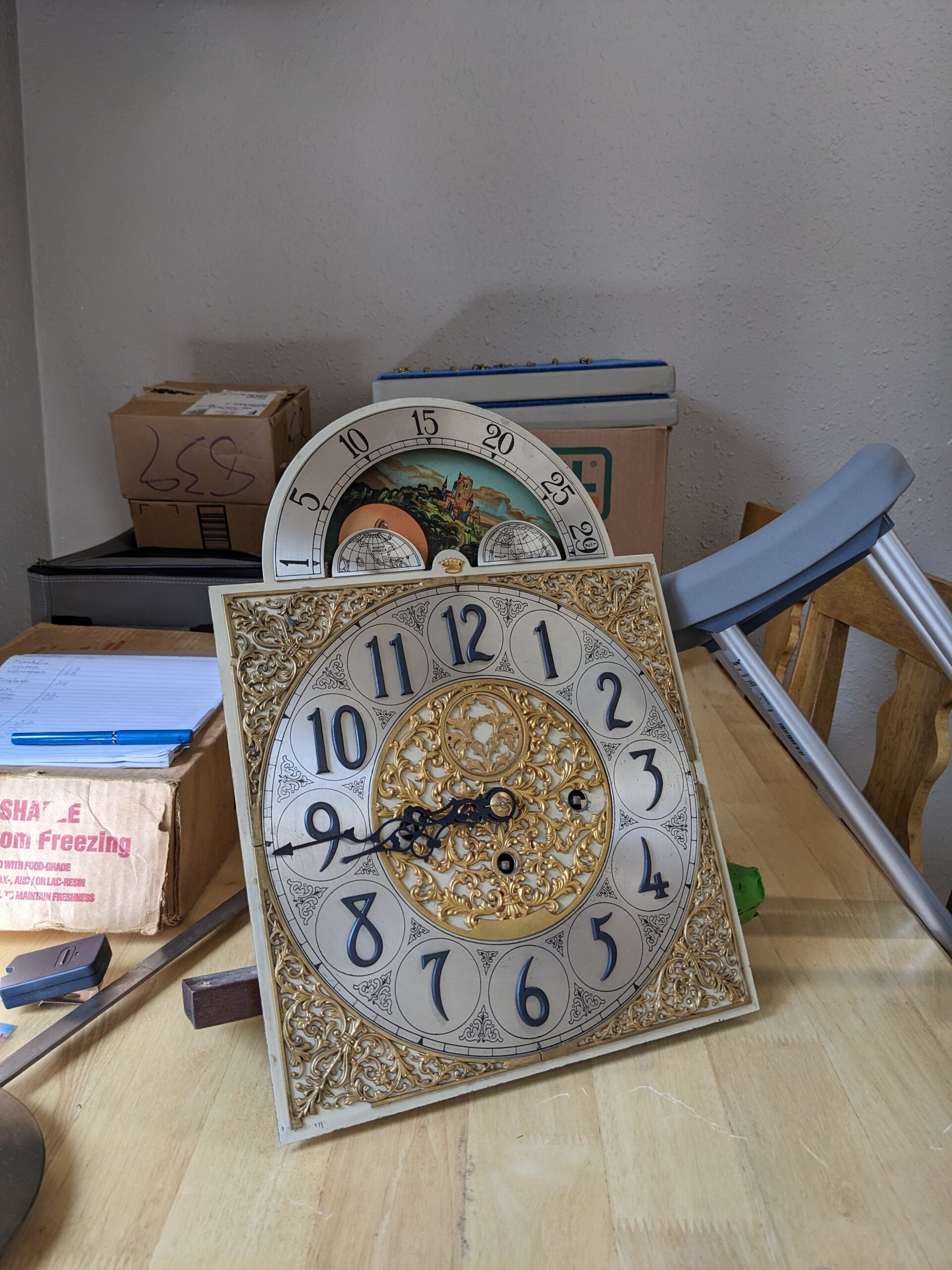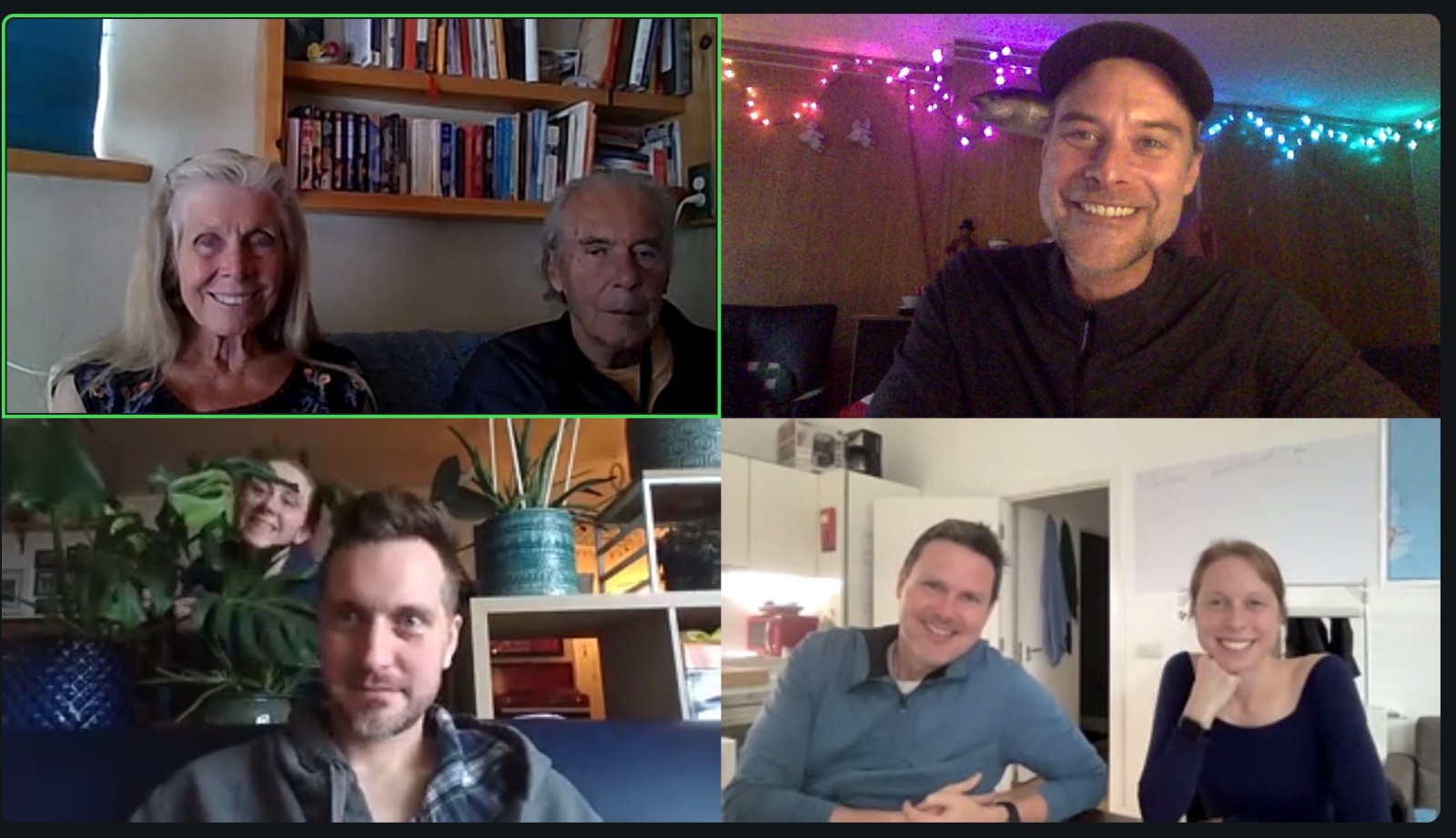
For me, I had been partners with Andy for thirty years when he was diagnosed with Parkinson’s disease. I was forty seven years old and extrinsically characterized as nice, unconventional, optimistic, spontaneous, and a little spaced out. Most of this was true.
Any diagnosis of disease can challenge personal identity.
As we grow up, we acquire labels that identify our personalities and characters. These are usually in response to being in the world and often are bestowed upon a person by other people. These descriptions tend to stick, whether they are true or not, and I’m calling them EXTRINSIC identity.
There are also INTRINSIC identity characteristics which are based on one’s own responses to the world and are more clearly true.
When a disease is diagnosed, both extrinsic and intrinsic identity is effected, and not only for the person with the disease.
For me, I had been partners with Andy for thirty years when he was diagnosed with Parkinson’s disease. I was forty seven years old and extrinsically characterized as nice, unconventional, optimistic, spontaneous, and a little spaced out. Most of this was true.
Intrinsically, I was also persistent, perceptive, intelligent, intuitive and a lot more serious than most people knew.
One of the aspects of receiving a diagnosis that is just like every other life experience, is that nobody knows ahead of time how they will respond. When Andy was diagnosed, my extrinsic and intrinsic identities flipped. I had to show the world parts of myself that I had mostly kept private and keep private any character traits that might interfere with being the best caregiver and health partner possible.
In my role as caregiver I used my intelligence to find remedies, my perception and intuition to discern what was true and what was fraudulent, and my serious self had to be let loose in order to be taken seriously in matters of life and death. Sometimes I had to be fierce.
I was still that nice, optimistic, spontaneous, sometimes spacey woman but suddenly that part of my identity moved into the hidden depths of the ocean of my existence.
Of course, I lost friends. Well, not true friends, but many people in my life didn’t know how to relate to me anymore.
My advice is to always give grace first. Grace before judgment. Grace to yourself and to others.
Identity shifts and moves as life demands and is more powerful when understood as fluid rather than constant.






Michelle,
You have touched upon a very real and often neglected component of getting sick. I know many people will find this valuable! — Lauren
Thank you Lauren, your words especially touch me.